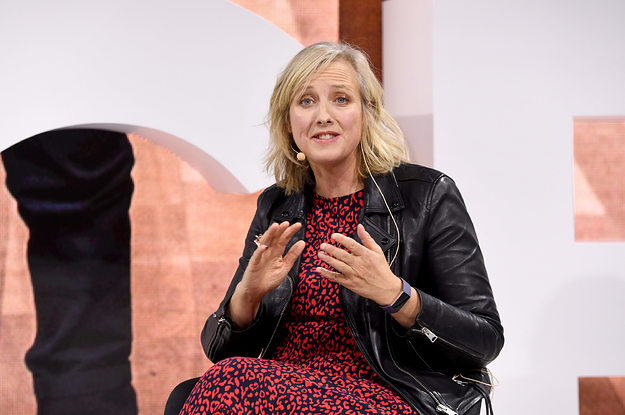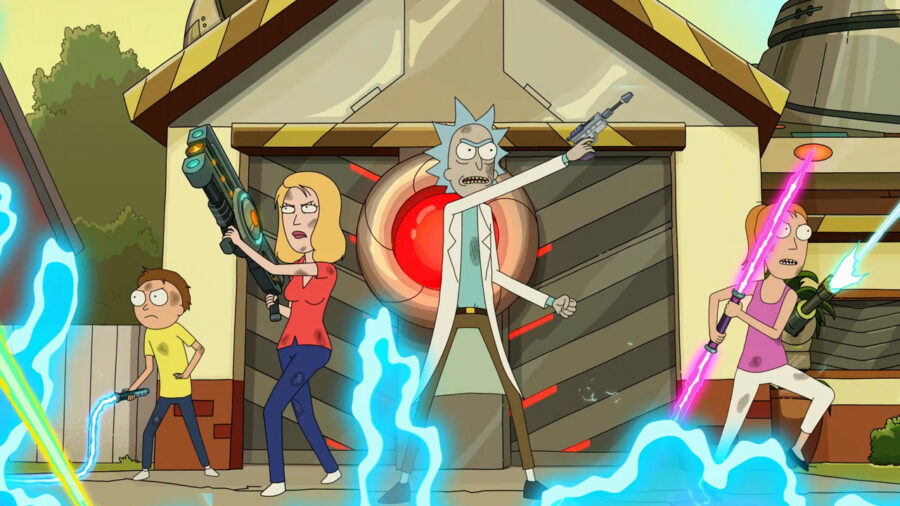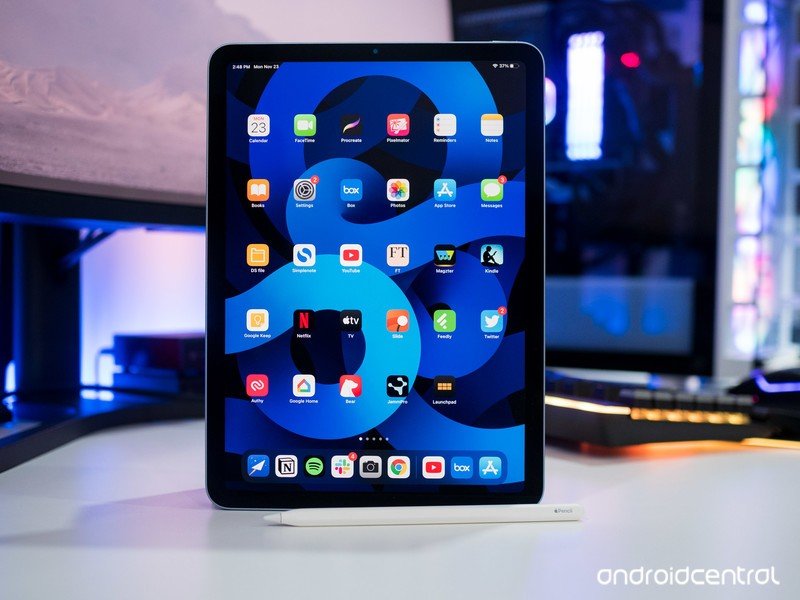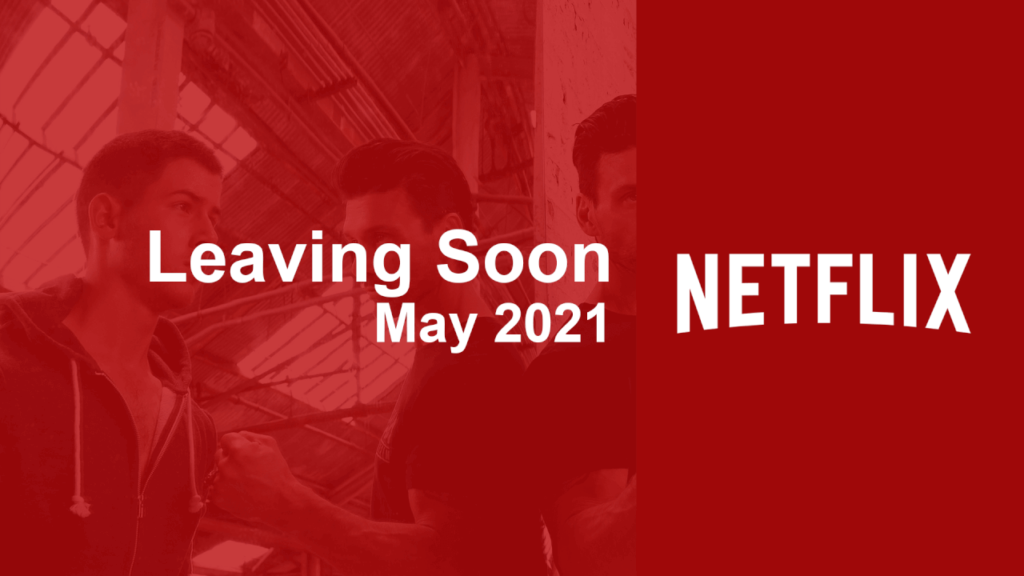“Every key world wide web company now has a team of haters who will never be happy,” stated Eric Goldman, who codirects the Significant Tech Regulation Institute at the Santa Clara University School of Regulation. “They are opposed to anything at all that would gain their target. It sales opportunities to wacky circumstances.”
One this sort of wacky problem: Fox News and the Wall Avenue Journal have expended years attacking Section 230 for defending the platforms they allege are prejudiced from conservatives. Now their owner, Rupert Murdoch, likely faces a new universe of defamation promises in the place of his beginning, where he continue to owns a media empire.
Yet another: A tech watchdog group that features Laurence Tribe, the constitutional law scholar, and Maria Ressa, the Filipina journalist who has been hounded by the Duterte routine by way of the country’s libel rules, has introduced a favorable general public assertion about the growth of defamation legal responsibility — an expansion that, as Joshua Benton instructed at Nieman Lab, presents a tempting product for authoritarians around the world.
Commenced in September 2020, the Serious Facebook Oversight Board promised to present a counterweight to the precise Oversight Board. Itself a global superteam of legislation professors, technologists, and journalists, the formal board is where Facebook now sends thorny public moderation conclusions. Its most critical determination so much, to quickly uphold Facebook’s ban of previous president Trump though asking the organization to reassess the transfer, was viewed paradoxically as both of those a signal of its independence and a affirmation of its function as a force reduction valve for criticism of the corporation.
On its website and somewhere else, the Genuine Fb Oversight Board criticizes the original board for its “limited powers to rule on no matter whether articles that was taken down should really go back again up” and its timetable for reaching choices: “Once a scenario has been referred to it, this self-styled ‘Supreme Court’ can get up to 90 times to achieve a verdict. This doesn’t even commence to scratch the floor of the lots of urgent dangers the platform poses.” In other words: We want more powerful content moderation, and we want it faster.
Provided the role quite a few allege Fb has performed close to the globe in undermining elections, spreading propaganda, fostering extremism, and eroding privacy, this could look like a no-brainer. But there’s a growing acknowledgment that moderation is a issue without the need of a 1-dimension-suits-all option, and that sweeping moderation arrives with its individual established of major costs.
In a June column for Wired, the Harvard Legislation lecturer evelyn douek wrote that “content moderation is now snowballing, and the collateral problems in its path is as well usually ignored.” Definitions of undesirable written content are political and inconsistent. Written content moderation at an great scale has the possible to undermine the privateness a lot of tech critics want to shield — significantly the privateness of racial and spiritual minorities. And potentially most importantly, it is really hard to verify that material moderation choices do something more than remove preexisting problems from the public eye.
Journalists all-around the earth have condemned the Australian court’s decision, itself a functionality of that country’s famously comfortable defamation legislation. But the Serious Facebook Oversight Board’s assertion is a reminder that the impulses of the most prominent tech watchdog teams can be at odds with a profession that relies upon on no cost expression to thrive. At the time you get past very evident situations for moderation — photos of child sexual abuse, incitements to violence — the suppression of poor kinds of written content inevitably involves political judgments about what, exactly, is lousy. Around the environment, people judgments really don’t always, or even ordinarily, profit journalists.
“Anyone who is taking that liability paradigm critically is not connecting the dots,” Goldman said.




